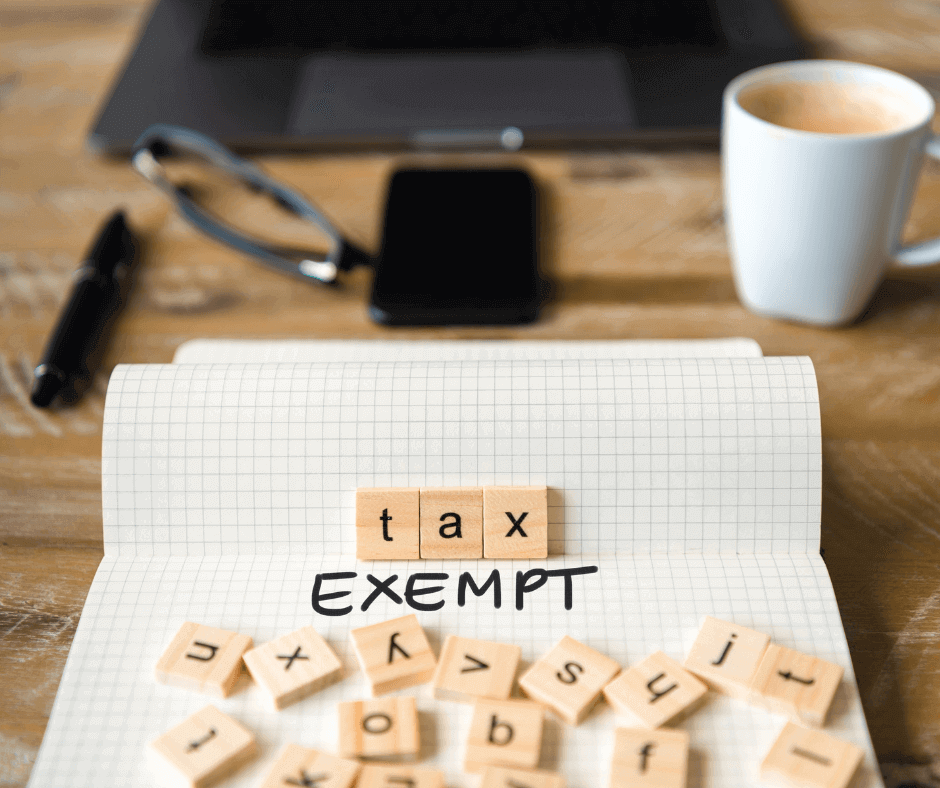Ways We Look Out for Your Business From operating accounts...
Read MoreAs an employer, you may encounter situations where an employee writes “exempt” on their W-4 form when updating their tax withholding information. While it is not uncommon for employees to claim exempt status under certain circumstances, it is crucial to handle these situations properly to ensure compliance with the Internal Revenue Service (IRS) regulations. In this article, we will explore what “exempt” on a W-4 means, how to respond as an employer, and what actions to take to ensure proper tax withholding and reporting.
Understanding "Exempt" on a W-4:
When employees fill out a W-4 form, they provide essential tax-related information to their employers, including the number of allowances they are claiming and whether they qualify for exemption from federal tax withholding. Claiming “exempt” on a W-4 means that the employee is requesting that no federal income tax be withheld from their paycheck.
Eligibility for Claiming Exempt:
To be eligible to claim exempt status on their W-4, employees must meet specific criteria outlined by the IRS. Generally, employees must meet specific criteria outlined by the IRS. Generally, employees can claim exempt if they had no tax liability in the previous year and expect to have no tax liability in the current year. It is essential for employees to accurately assess their tax situation and not falsely claim exempt status, as this could lead to potential penalties and legal consequences.
Handling "Exempt" W-4 Forms:

Verify the Accuracy: As an employer, it is your responsibility to ensure that the information provided by the employee is accurate. While you are not required to audit or verify the employee’s tax situation, it is advisable to encourage them to consult a tax professional if they have any doubts about their eligibility for exempt status.

Update Payroll System: If an employee submits a W-4 claiming exempt status and meets the eligibility requirements, update your payroll system to reflect this status. Withholding federal income tax from their paycheck could result in penalties and could put both the employer and the employee at risk.

Regular Review: It’s crucial to periodically review your employees’ W-4 forms to ensure that they are up to date and accurately reflect their current tax situation. Remind employees to submit a new W-4 if their circumstances change, and they no longer qualify for exempt status.

Education and Communication: Educate your employees about the implications of claiming exempt on their W-4 and the importance of adhering to IRS guidelines. Transparent communication can help prevent misunderstandings and potential tax issues.
Bottom Line:
Handling W-4 forms claiming “exempt” requires careful attention and adherence to IRS guidelines. As an employer, it is essential to accurately update your payroll system based on the information provided by the employee, provided they meet the eligibility requirements for exempt status. Encourage open communication with your employees about their tax situations, and remind them to update their W-4 forms as necessary. By following these steps, you can ensure proper tax withholding and reporting while avoiding potential penalties and complications. Contact your tax advisor or contact us for help. The articles down below can give you more information.


Tessa joined Superior Trucking Payroll Service in September 2022. She loves to write and make videos which made her a great asset to the team in her marketing position.
Before working at Superior Trucking Payroll Service she worked in IT at GVSU which gave her the skills to problem-solve with customers over the phone.
Contact Us!
Driver Retention Tips
One of the biggest problems for businesses in the world...
Read MoreHow to Avoid Payroll Errors and Penalties in the Trucking Industry
Are you tired of dealing with payroll issues in the...
Read MoreWhy Was No Income Tax Taken Out of my Paycheck?
Why Was No Income Tax Taken Out of my Paycheck?...
Read MoreUnderstanding Supplemental Payroll Fees: What They Are and Why They Matter
Are you a business owner trying to understand the complexities...
Read More
